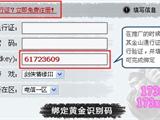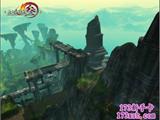New Home Network latest report: Japanese nuclear radiation triggers "toxic rain" in Singapore
According to Hassan, a reporter for New Homeland Network on March 16th, many people in Singapore received text messages on their mobile phones. The content stated that toxic rain containing radioactive material would hit the Philippines at 4 PM that afternoon and would soon affect various Asian countries, which triggered a wave of panic. Regarding whether this rumor was true, Singaporean experts pointed out that Japan's nuclear leak would not affect Singapore in the short term. Singapore's National Environment Agency also reassured the public not to be overly alarmed.
Assistant Professor Zhao Ji Yun from the Department of Electrical Engineering at Nanyang Technological University told reporters that if there was no massive nuclear leak in Japan, it should not affect Singapore in the short term. The National Environment Agency also stated that Japan is about 5,000 kilometers away from Singapore, so Singapore would not be affected. The agency will continue to monitor the situation.
According to relevant media reports, at 16:00 on the afternoon of March 15th, the Tokyo municipal government stated that the intensity of radiation in urban areas had once reached a record high, with radiation levels being 10 to 100 times higher than normal periods. It then fell back in the afternoon.
Some experts explained that the radioactive materials released due to Japan's nuclear power plant accident formed a "radioactive cloud." When the cloud mass passed over various places with the wind, the radiation detection results in those places increased. However, the current level of radiation would not yet have an impact on human health.
Therefore, experts advised trusting scientific knowledge, not blindly following trends, and avoiding causing panic. The so-called "toxic rain" in Singapore was purely a rumor!



